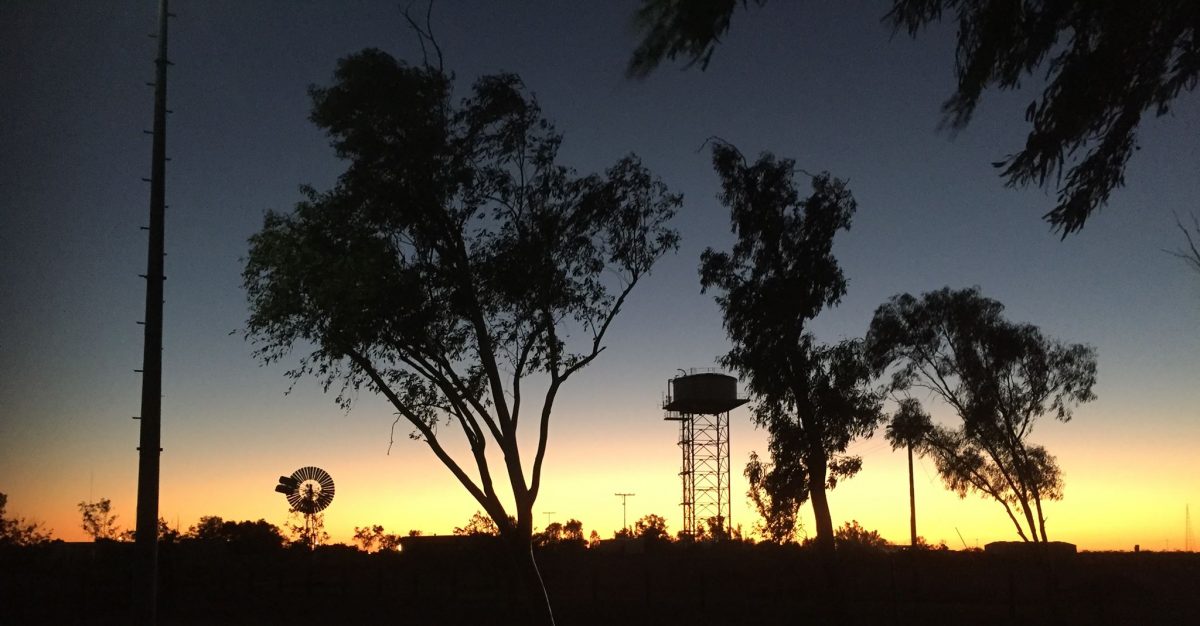(Originally posted Sunday 10 July, 2011)
The Gillard Government’s carbon package has more than a few rough edges and shows all the signs of the political trade-offs needed to secure a carbon price in one of the most carbon intensive economies on the planet.
In creating a politically defensible platform from which to lead and steer change as well as resurrect its standing with the Australian people, the Government has traded away some economic and environmental efficiency to placate the coal interest, at least in the short to intermediate term.
That said, today’s carbon package is a welcome and significant first step by Australia on the road to decarbonising its economy as the international community slowly but surely comes to grips with the human dimensions of climate change.
There is no shortage of targeted assistance measures to help a range of industries do what they should already be doing, namely, achieving savings through energy efficiency, capturing fugitive emissions for co-generation, and planning for competition in a world which will increasingly value low-carbon products and services.
Notwithstanding the difficulties of promoting economic and social reform in a country which feels entitled, averse to change, and complacent about what it has to do to assure a sustainable future, the ‘rational optimist’ in me sees market based reforms to be more enduring, efficient, and a lot less wasteful than government sponsored direct action programs.
The overall output of today’s announcement is a politically practical no frills deal which recognises that there is no silver bullet for dealing with the complexities of climate change, economic reform and decarbonisation.
Unlike the Rudd-Turnbull CPRS deal though, Carbon Price Mark II shows evidence of political lessons learned and a far greater emphasis on transitional arrangements, change incentives, and interim process certainty.
Carbon change the Australian way took a major step forward today, but this is not the end of things to be done.
There are many more steps to take and this is not even the end of the beginning of an economic, technological and social reform process that will roll out over a generation.
But it is the start.
